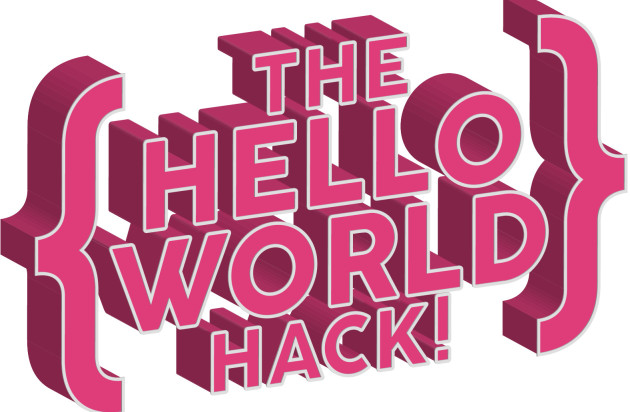Introducing the winners of the 2019 Societal Engagement Seed Fund. We're thrilled to continue supporting a wide range of societal engagement projects with this fund. Find out more about the different projects below.
The Hello World Hack led by Dr Jackie Bell and Vanessa Madu
 Despite the inclusion of computing as a foundation subject in the national curriculum since 2014, girls are still not engaging with computer science beyond Key Stage 3 at the same level as their male peers. Socially entrenched stereotypes of what girls can achieve and who they can become in their futures is thought to be the main reason girls are less likely to choose core STEM subjects. These stereotypes are typically fully formed by age 11.
Despite the inclusion of computing as a foundation subject in the national curriculum since 2014, girls are still not engaging with computer science beyond Key Stage 3 at the same level as their male peers. Socially entrenched stereotypes of what girls can achieve and who they can become in their futures is thought to be the main reason girls are less likely to choose core STEM subjects. These stereotypes are typically fully formed by age 11.
To inspire more young women with engineering and mathematical sciences, Imperial Computing and Mathematics Departments are working together to create a one-day hackathon for girls. The project will target school-aged girls between the ages of 7 and 10 years old and aims to build confidence and self-esteem in maths and computing and remove negative stereotypes before they have had chance to fully form.
The event will take place once COVID-19 restrictions have been lifted and will include a range of hands-on coding, programming and maths-based problem-solving activities. Each activity will be led by computer scientists and mathematicians who identify as women, exposing young girls to positive female role models in these subject areas.
BrainLearn led by Lillie Pakzad-Shahabi and Dr Matt Williams
This project involves a collaboration with a group of Year 11 students, building on a very positive existing partnership which used neuro-oncology as a focal topic for teaching STEM subjects to GCSE students. The team will continue this collaboration by working with the students and their Head of Science on the design and production of content around brain science to be used in classrooms. The scheme aims to build students confidence with science by relating class-based science into real life scenarios, it will also introduce students to a range of careers across medical care.
Funding for this proposal was awarded prior to the pandemic, as such the team have worked hard to adapt their original plans to enable them to deliver the project. A hybrid approach will be used to deliver BrainLearn with students co-producing materials for 4-6 sessions including online pre-recorded lectures, short videos about careers within neuro-oncology as well as an activity session and workbooks. The students will also lead an online live meeting with a professional in the field of oncology with topics ranging from brain tumours, neuroanatomy, and DNA amongst others.
The team plan to roll BrainLearn out to 2-3 schools in September, longer term they hope to widen their reach by working with regional health structures and other neuro-oncology centres to enable them to offer a similar programme in their local area.